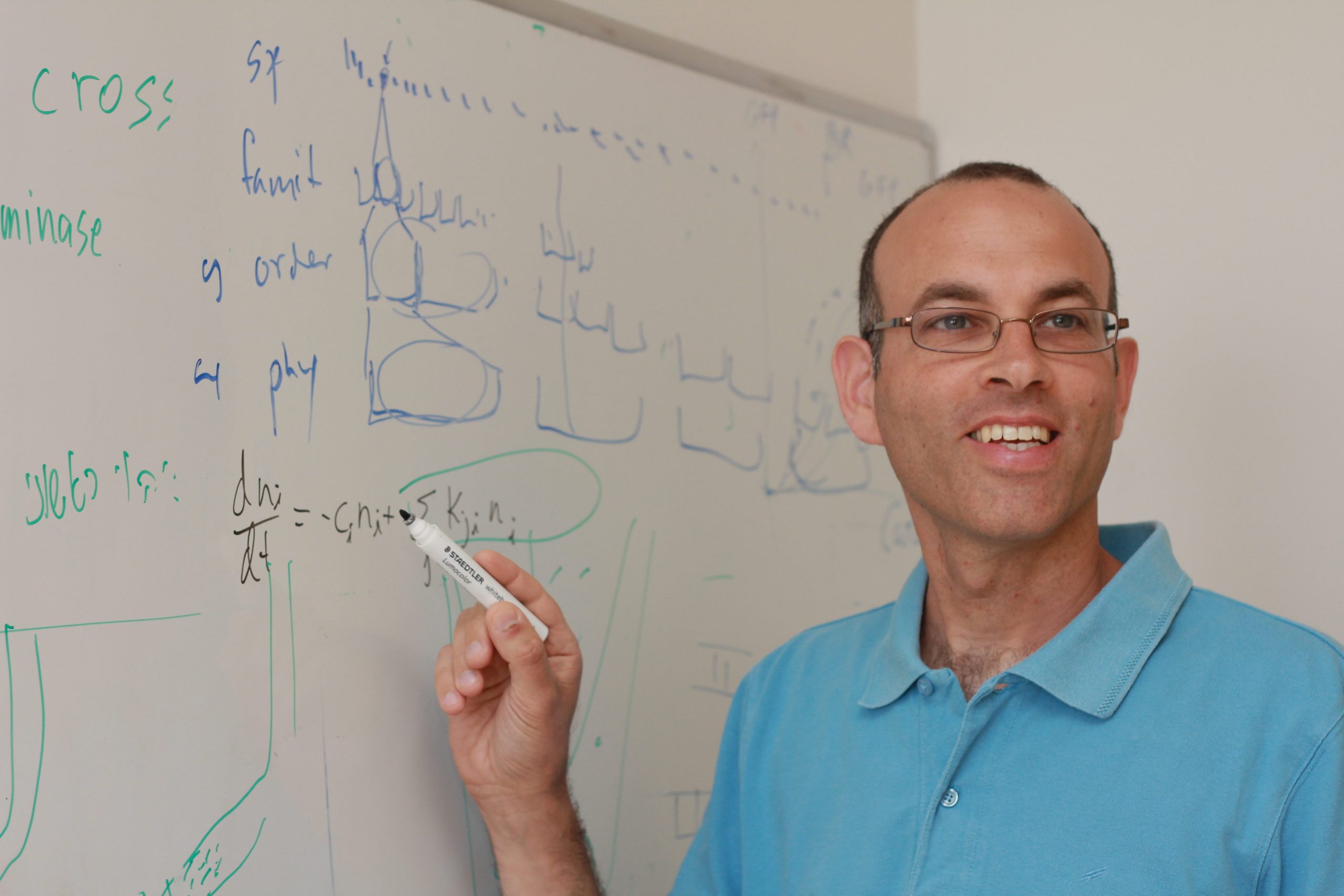Custom-tailored Antibiotics improve Treatment

Innovative technology is expected to improve the efficacy of antibiotic treatments as well as hinder the development of resistant bacteria. The technology, which was presented in a study published in Nature Medicine, was made possible by a unique collaboration between the Kahn-Sagol-Maccabi Research and Innovation Institute at Maccabi Healthcare Services (KSM), headed by Professor Varda Shalev, and Technion researchers Professor Roy Kishony and Dr. Idan Yelin.
The use of antibiotics globally is extensive and leads to bacteria developing antibiotic resistance. As a result, antibiotics lose their effectiveness, leading to concerns that in the future, bacterial Infections that are now considered mild and not dangerous will become treatment resistant and deadly.
One of the factors that speeds up the evolution of antibiotic resistance is the widespread use of broad-range antibiotics, drugs designed to kill a wide spectrum of bacteria. Reducing this dangerous trend can potentially be achieved by custom tailored antibiotic treatment.
Prof. Roy Kishony, one of the leading experts in the field of antibiotic resistance, developed methods for genetic mapping of bacterial resistance to antibiotics. These techniques make it possible to predict the resistance of a given bacterium to various antibiotics in the present and even to the level of resistance that bacteria may develop in the future.
In the joint study conducted by the Technion and researchers at the KSM Institute of Maccabi, a system was developed to help the doctor choose the optimal antibiotic for treating urinary tract infections. The study analyzed more than five million cases of antibiotic purchases made over 10 years and measurements of antibiotic resistance in more than 700,000 urine cultures. A sophisticated algorithm was able to find a clear link among the various data and thus predict the level of antibiotic resistance for each infection and provide a recommendation for the best type of antibiotics.
The researchers found that the use of the technology could reduce the likelihood of choosing the wrong medication by about 40%. Therefore, they estimate that this system will contribute greatly to the global effort to delay the “resistance epidemic.” The study is a significant step in the innovative field of medical studies based on machine learning and Big Data.
“It is now possible to computationally predict the level of bacterial resistance for infection causing bacteria,” said Dr. Yelin. “This is done by weighting of demographic data, including age, gender, pregnancy or retirement home residence, together with levels of resistance measured in the patient’s previous urine cultures as well as their drug purchase history.”
“The collaboration between Maccabi and the Technion – one of the most innovative research institutes in the world – and the combination of deep understanding of medicine, Big Data and innovative research methods has enabled a real breakthrough in the field of antibiotic resistance,” said Prof. Shalev. “We look forward to continued fruitful cooperation with the Technion.”


